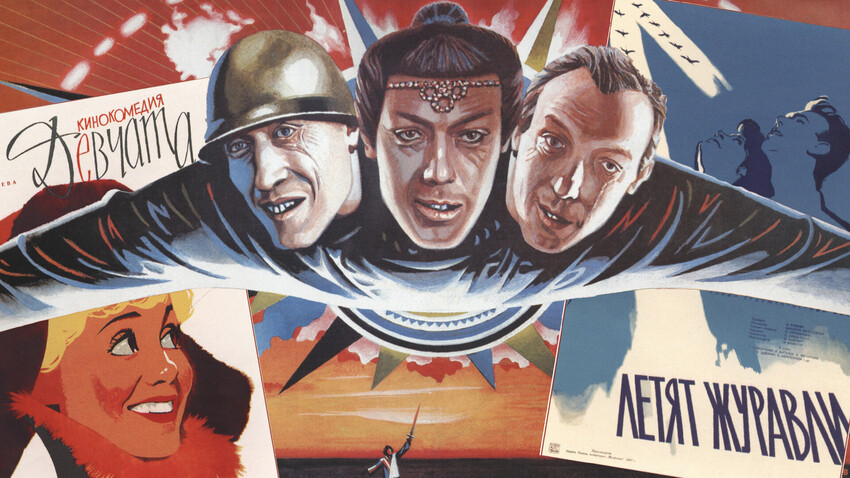
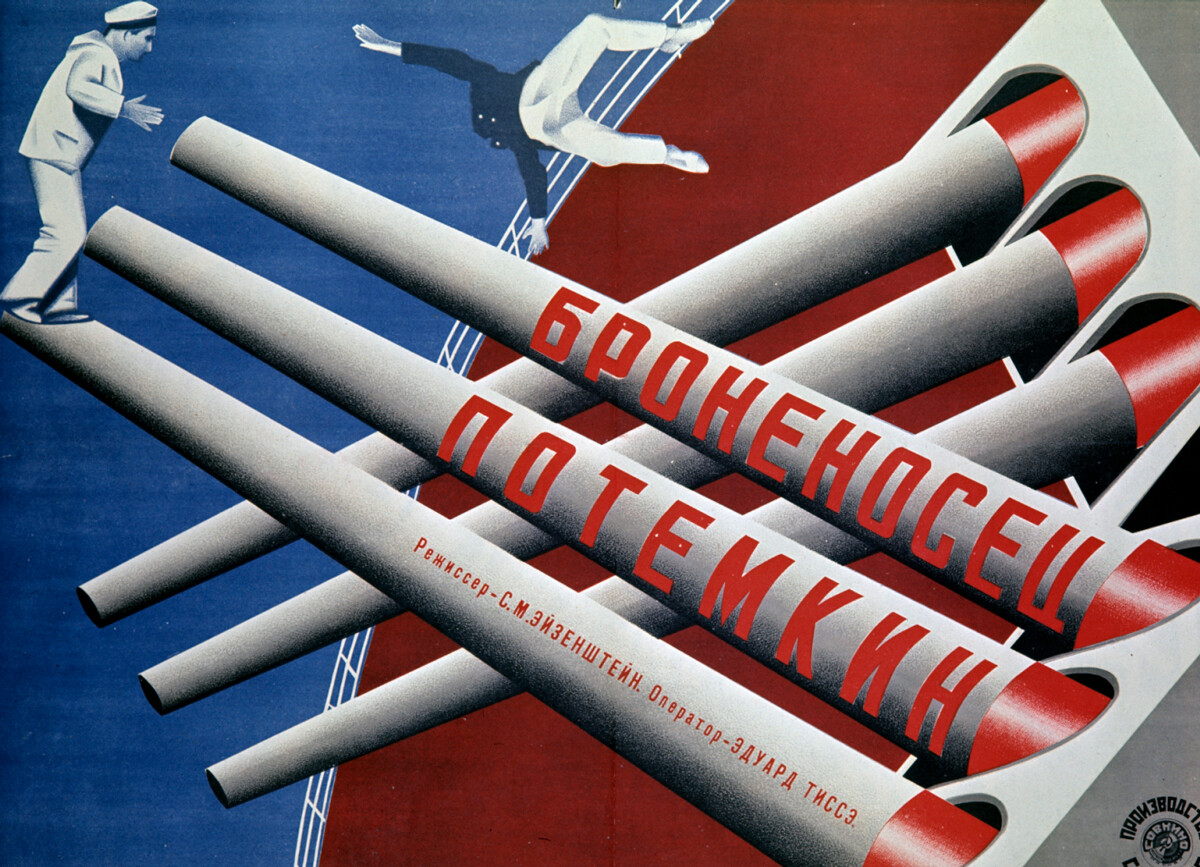
Sailors are mutinying on one of the ships of the Black Sea Fleet stationed near Odessa, because they are being fed meat with maggots. Soon, the mutiny grows into a real rebellion against the authorities; government troops arrive in the city to suppress it.
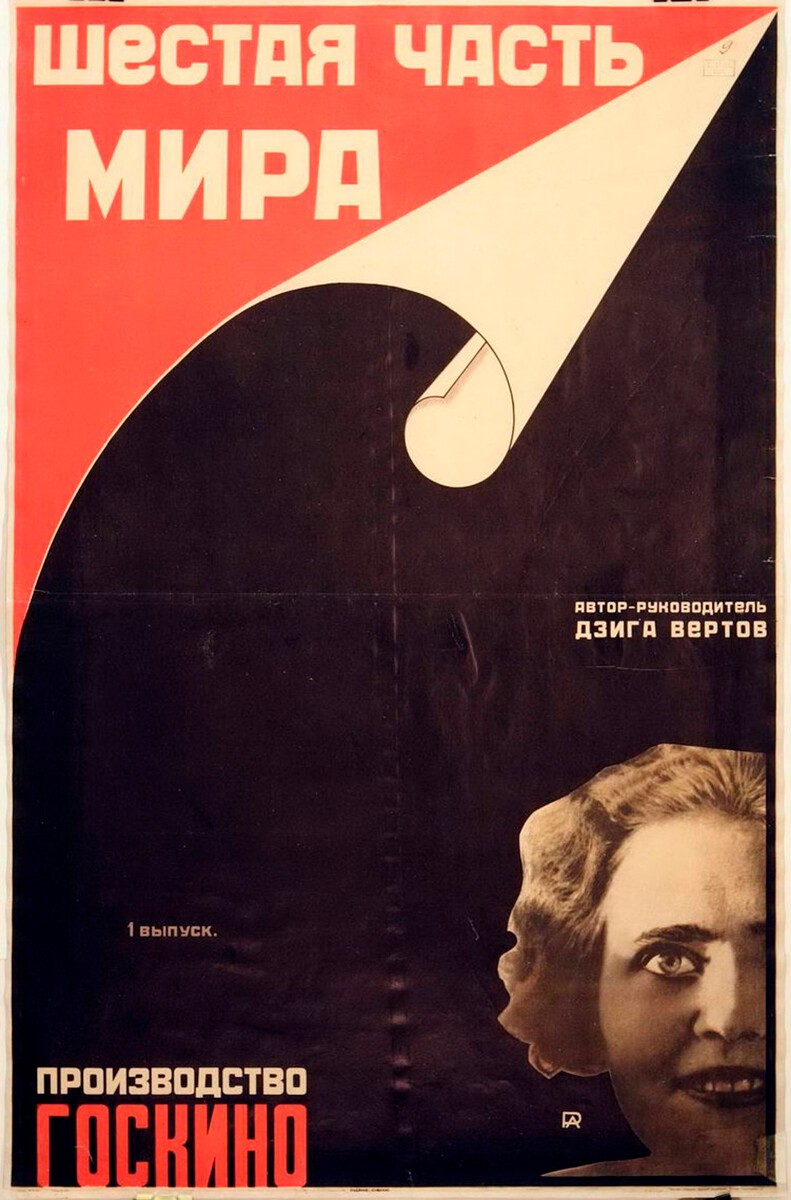
This is a propaganda film by Dziga Vertov, the main documentary filmmaker in the country at the time, commissioned by Soviet authorities. Its aim was to show how almost all goods, necessary for a person, are grown or created on the vast territories of the USSR.
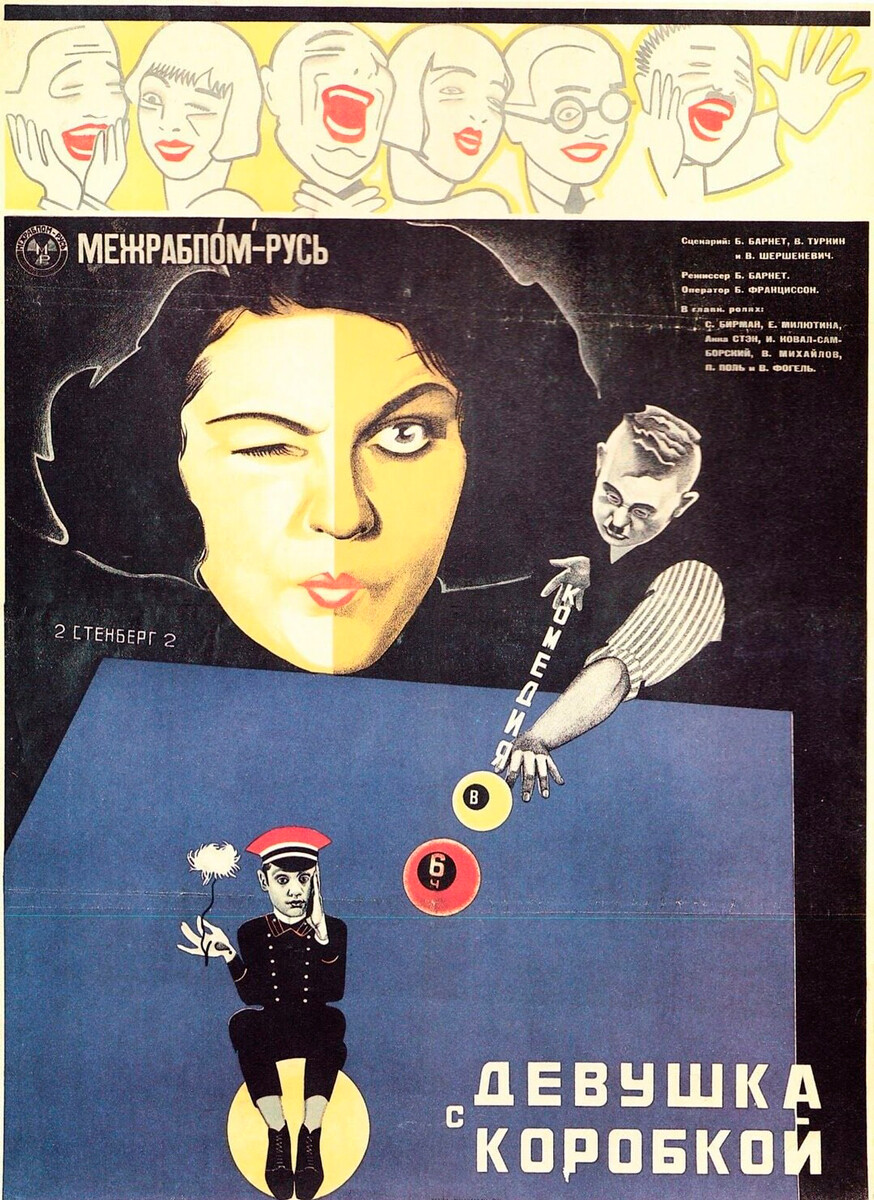
This is a comedy about the merry New Economic Policy era Moscow and the highlight of this time – government bonds – by famed director Boris Barnet.
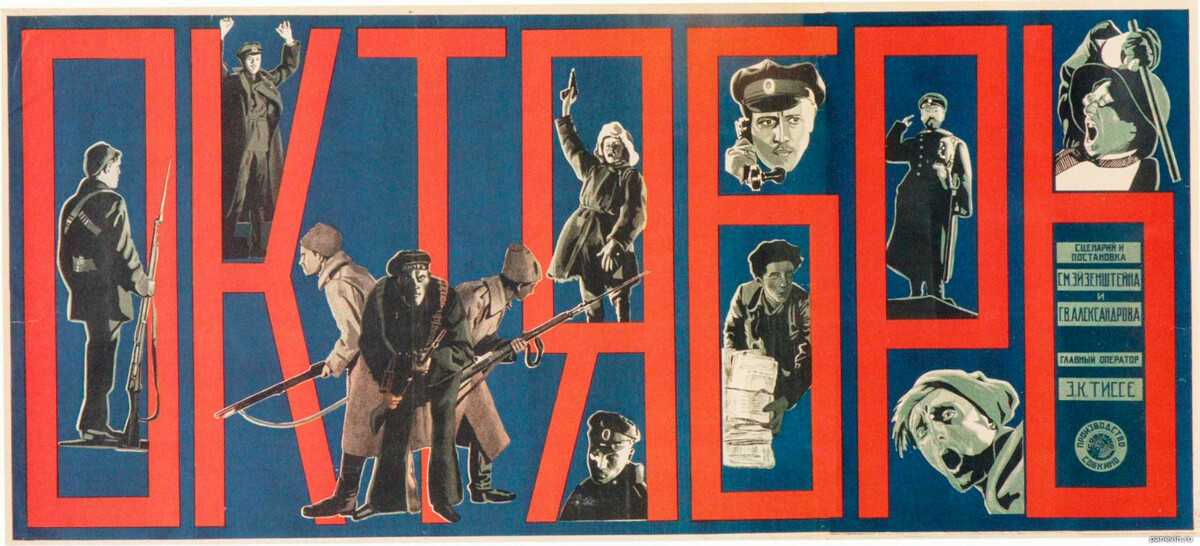
This is a historical movie, filmed for the 10th anniversary of the October Revolution. With maximum precision, it tries to depict the events of 1917, down to the storming of the Winter Palace and the shot from the cruiser Aurora.

This is a film about Russian prince and saint of the Russian Orthodox Church Alexander Nevsky; it’s an example of a “proper” patriotic movie, commissioned by Stalin during the era of the harshest totalitarian repressions. But, it was made by cinema genius Sergei Eisenstein, so the movie turned out exceptional. However, the movie representation of Nevsky has little in common with its real-life prototype, as historians note.
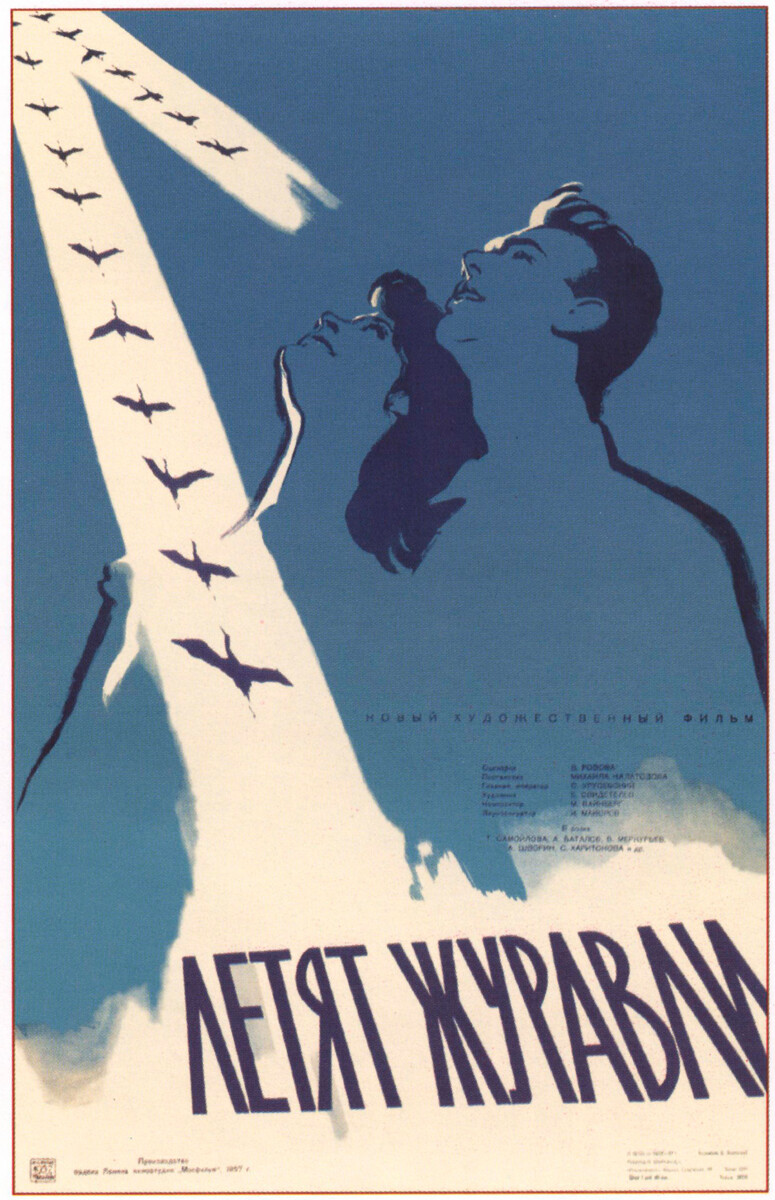
The focus of the story are two lovers Boris and Veronika, separated by war. Fate had prepared many different trials for them, which tested the strength of their love. This is a Soviet black-and-white war movie that has no enemies in it. The film won the Palme d’Or at the Cannes Film Festival.

A young woman named Tosya arrives at a small settlement. Local heartthrob Ilya tries to ask her for a dance at a local disco, but, after a public refusal from Tosya, makes a bet with his friend that he will make her fall in love with him within a week. The officials didn’t really like this movie from Chulyukin. They thought it was too much about everyday lives, but the audience really loved the story of Tosya and it became a box office hit.
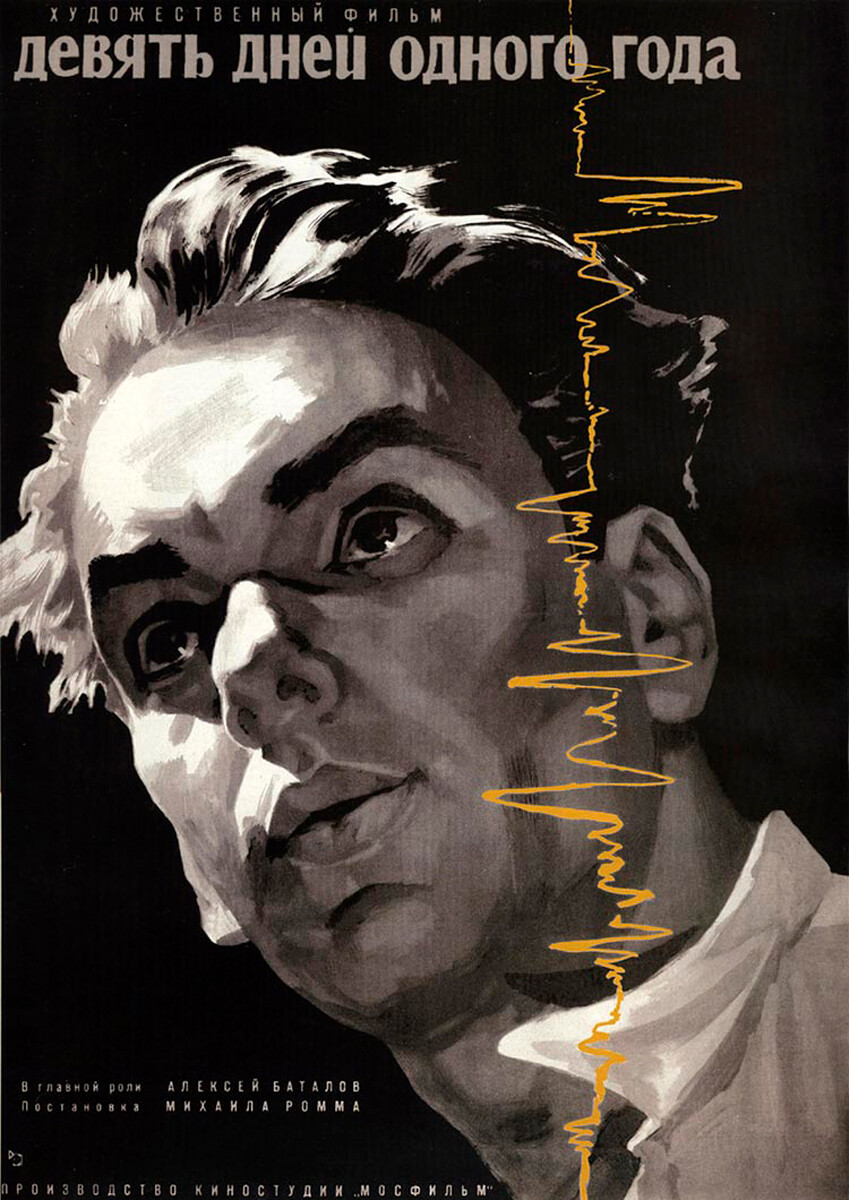
Two young nuclear scientists named Gusev and Kulikov conduct an experiment, after which Gusev receives a lethal dose of radiation. Despite doctors’ warnings, he continues his experiments. This is a masterpiece from the Khrushchev Thaw of the 1960s about the unsung heroes of the new era.
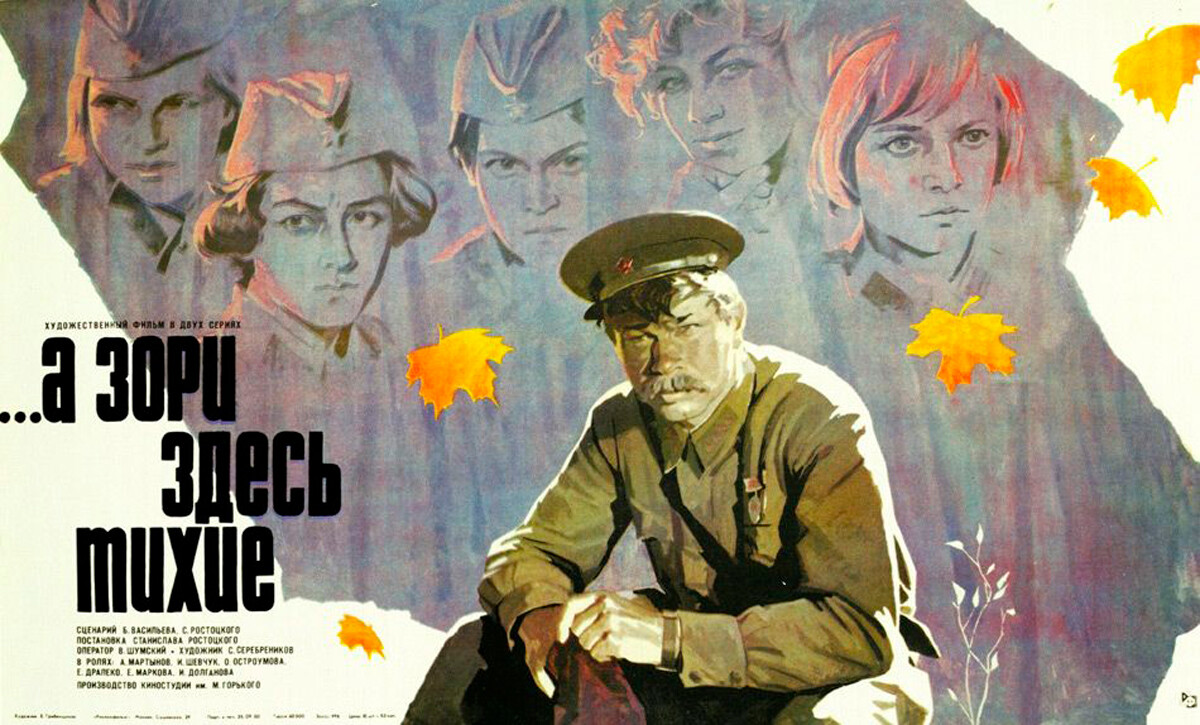
A squad of female anti-aircraft gunners is forced to fight against the superior enemy forces on the front. And, although they dreamed of a peaceful life, a hard war was drawn for them by fate. ‘The Dawns Here Are Quiet’ is still one of the most popular war dramas in the entire post-Soviet space.
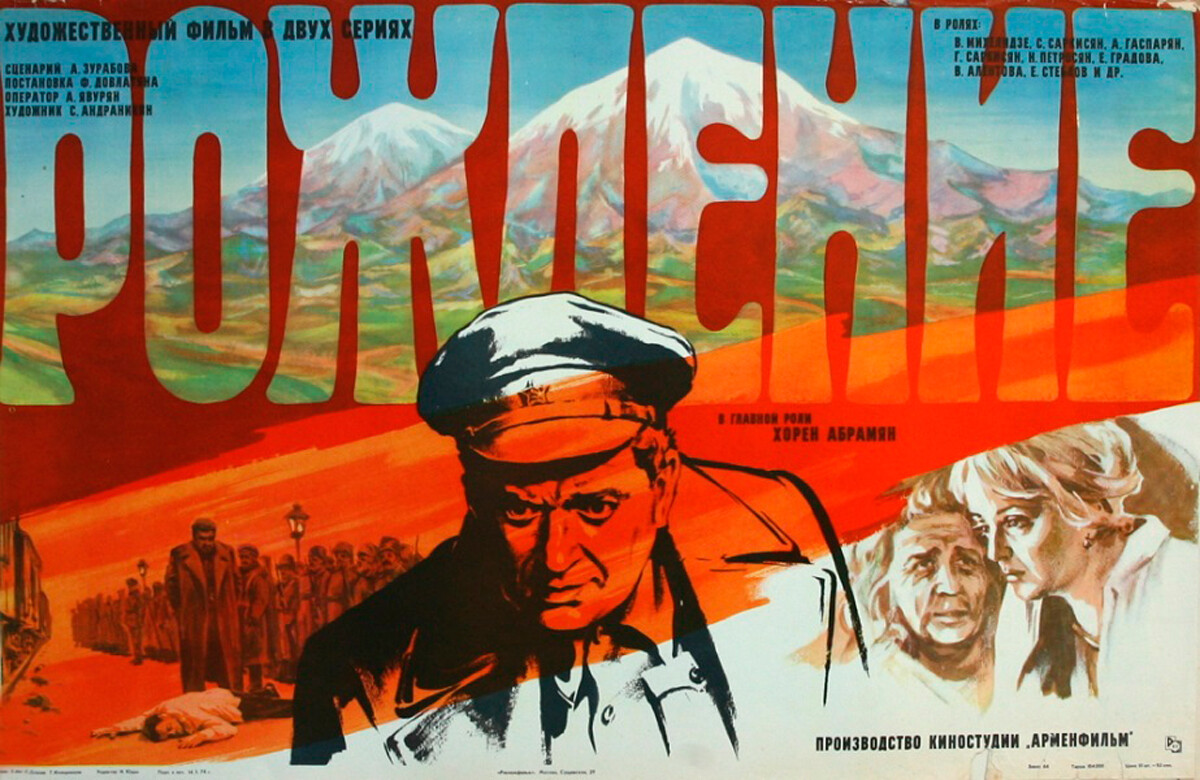
This is a movie about how Soviet authorities tried to get a foothold in Armenia at the beginning of the 1920s. Alexander Myasnikyan, Lenin’s ally, has to heal the bleeding wounds of Armenia and save desperate people.
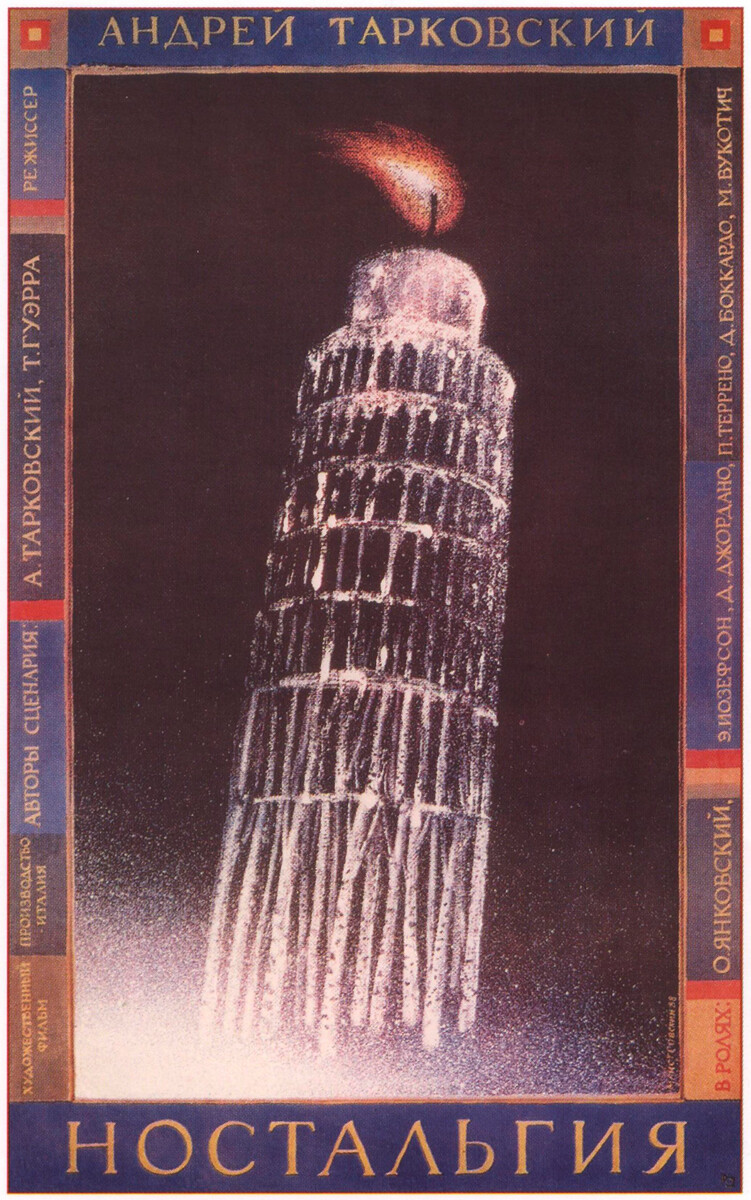
Writer Andrei Gorchakov arrives in Italy, looking for information about a serf musician, who had once visited those parts. His search entangles him with a young woman named Eugenia, who tries to understand the Russian longing with the help of poems by Arseny Tarkovsky.
This is a psychological drama from the iconic Soviet director.

A writer from the capital travels to a province in search of inspiration; suddenly, however, he discovers other “abilities” in himself. This is a movie about the border between a compromise and a deal with one’s own conscience; it was gathering dust on shelves in the USSR right until perestroika. It premiered at the Berlin International Film Festival, from which the film left with four awards (including the main award).
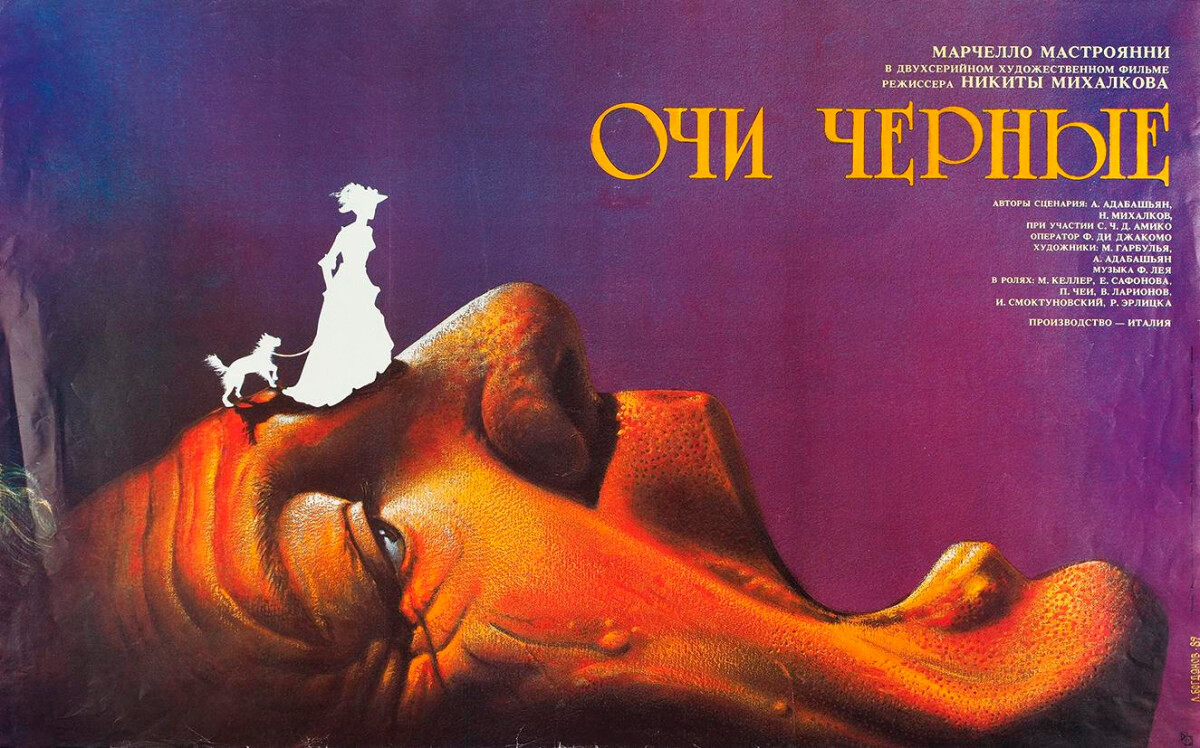
An Italian man falls in love with a Russian woman named Anna; he leaves his family and goes to Russia to start a new life. There, he learns that Anna is also married. This is yet another, but outstanding, story based on Chekhov’s ‘The Lady with the Dog’ starring Marcello Mastroianni, who received the ‘Best Actor’ award at the Cannes Film Festival.
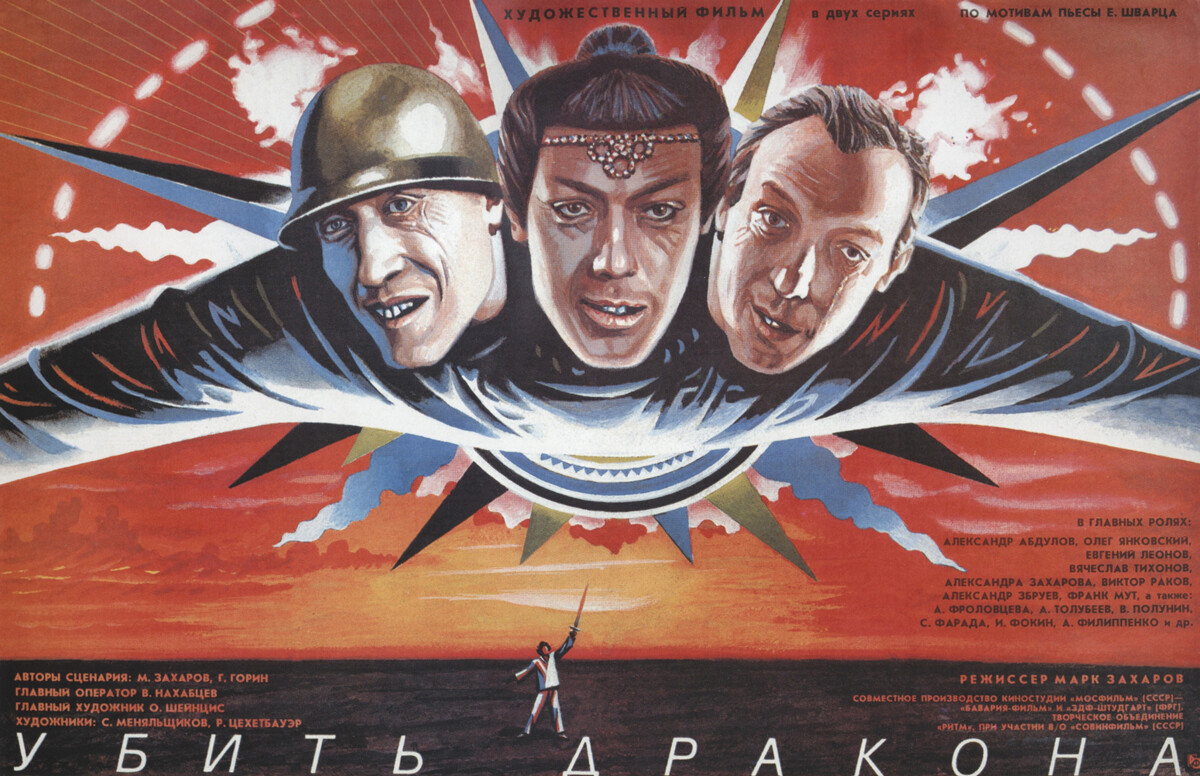
Knight Lancelot finds himself in a city that for many years has been living under the dictatorship of a dragon. He wants to save the innocent, but the Burgermeister hints to him that without the dragon, neither the city nor its people could possibly live on. This is a parable film about what people are ready to die for.
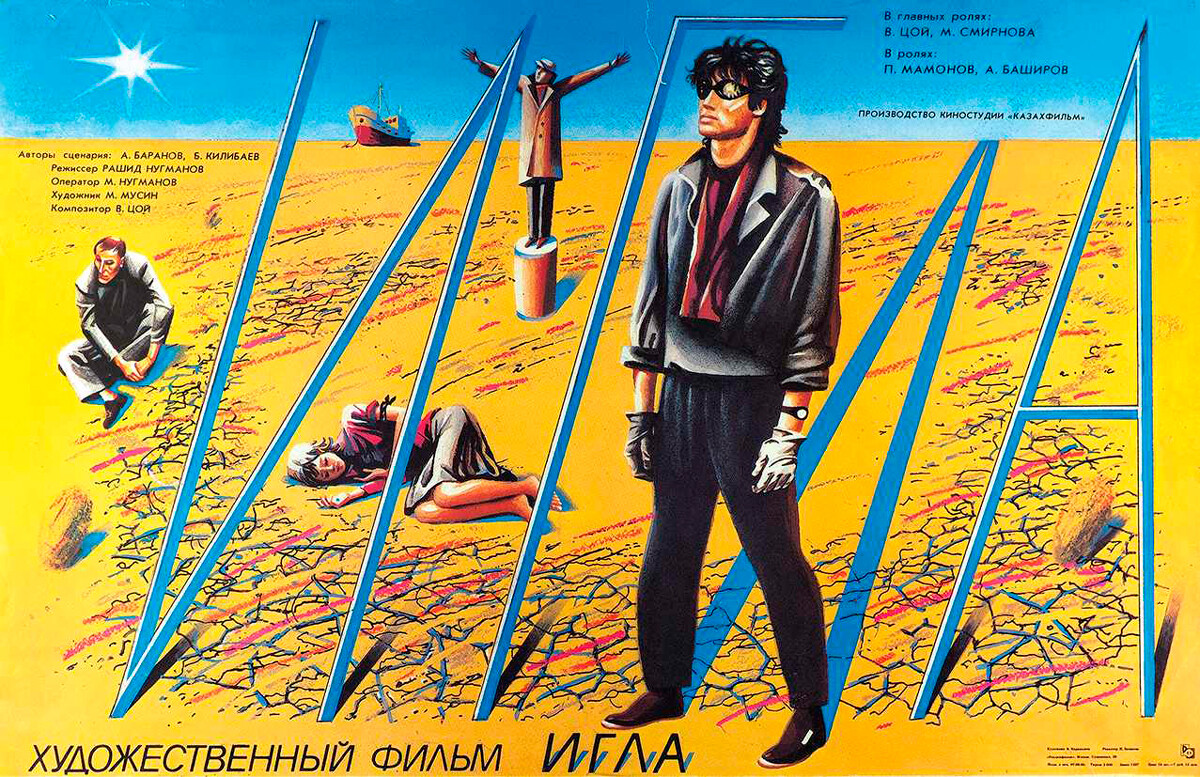
A man named Moro wants to help his friend to get rid of her drug addiction. When he realizes that ordinary methods don’t work, he decides to remove the root of all strife and begins hunting down drug dealers. This was one of the first Soviet movies on this tabooed topic.
If using any of Russia Beyond's content, partly or in full, always provide an active hyperlink to the original material.
Subscribe
to our newsletter!
Get the week's best stories straight to your inbox